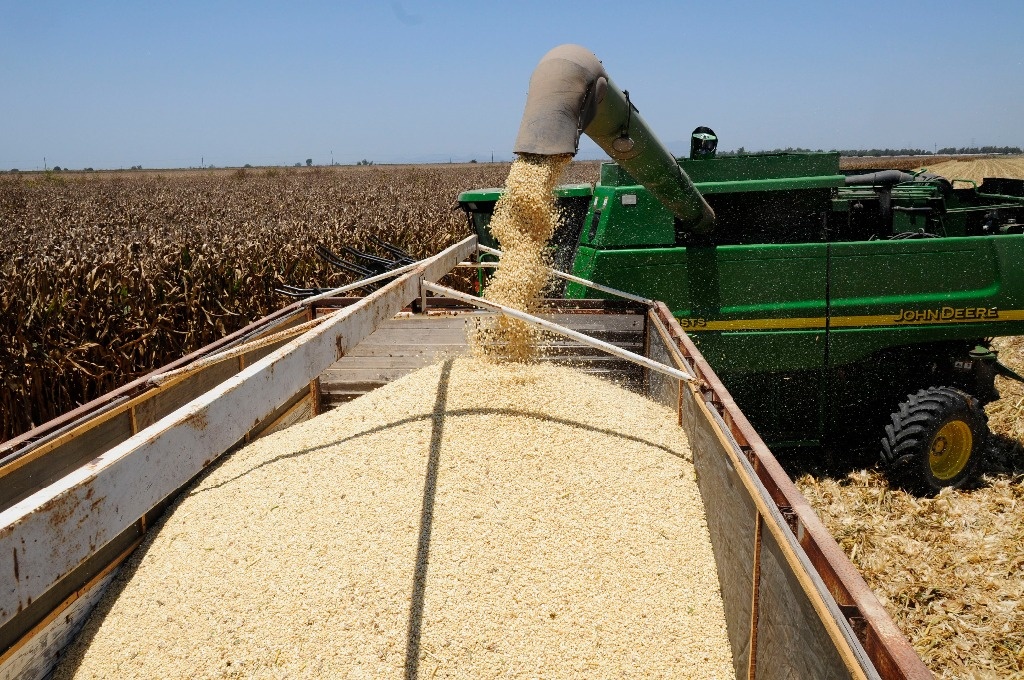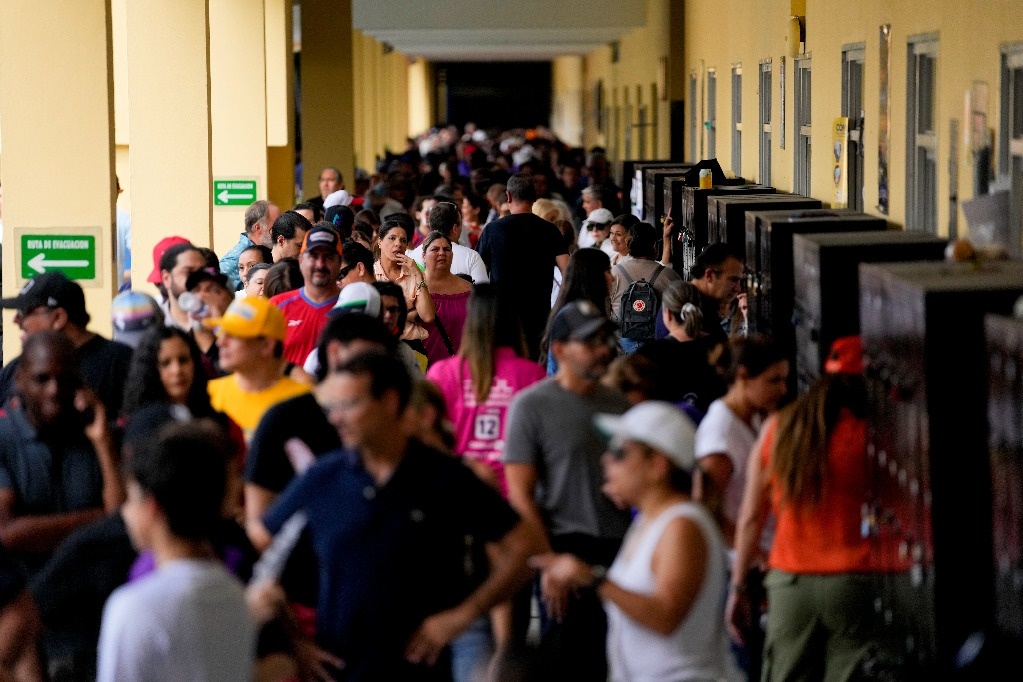Mexico’s legal arguments to prohibit the use of transgenic corn are not based on relevant international standards nor are they supported by science or the laws of the T-MEC, the United States pointed out when responding to the defense that the Mexican side made a few months ago before the panel of experts.
In a document of more than 100 pages, the US side requests Respectfully
that the panel conclude that the Mexican government’s barriers against genetically modified corn are incompatible with Mexico’s commitments to the T-MEC.
In its argument, the US states that for decades the international scientific community has considered genetically modified crops to be safe for human consumption and for the life and health of animals and plants. In fact, he assures that Mexico was part of this community until untimely manner
decided to ban them no scientific basis
.
In mid-February 2023, Mexico published modifications to a first decree from the end of 2020, in which it softened its position on genetically modified corn and allowed its use as fodder and for the production of food for people, but maintains its ban. for products for human consumption such as tortillas.
Mexico annually buys around $5 billion of corn from the United States, most of it transgenic yellow grain for livestock.
At the beginning of last March, Mexico presented a defense before the treaty panel and stated that the United States did not present any scientific study showing that it is safe to eat large quantities of genetically modified corn exposed to glyphosate during a person’s lifetime; Likewise, he presented a series of scientific studies that record the harm of such consumption.
Two months later came the US response, according to which Mexico “employs an approach that is often vague and imprecise in identifying risks; try to gather in the aftermath necessary precursors such as a risk assessment; selects articles to distract from prevailing scientific opinion by international standards, and resorts to long detours that have no relevance to the legal claims of the United States.”
The neighboring country points out that, in several points of its initial brief and its defense, Mexico alleges that the challenged measures do not have commercial effects, but Washington insists that they do exist, since an exact date for the implementation is not established. prohibition or substitution of transgenic corn.
He adds that US exports of white corn decreased significantly year-over-year in 2023. In the 11 months since the enactment of the Corn Act 2023 (March 2023 to January 2024, latest data available) white corn purchases from Mexico to the United States have decreased approximately 40 percent year-on-year in volume and 50 percent in total value.
The document points out that Mexico’s measures constitute arbitrary or unjustifiable discrimination between countries in which the same conditions prevail.
He mentions that US corn exports have long flowed freely to Mexico and, until recently, the country facilitated this access, even to genetically modified corn.
Although the North American Free Trade Agreement (NAFTA) allowed Mexico to regulate US access to its corn market through a tariff quota until 2007, Mexico chose to open its markets to US corn more than NAFTA required. .
Following this response, the formal arbitration process is expected to return a preliminary verdict in September and a final one in November.
#Irrelevant #Mexicos #evidence #transgenic #corn
– 2024-05-10 22:31:00


